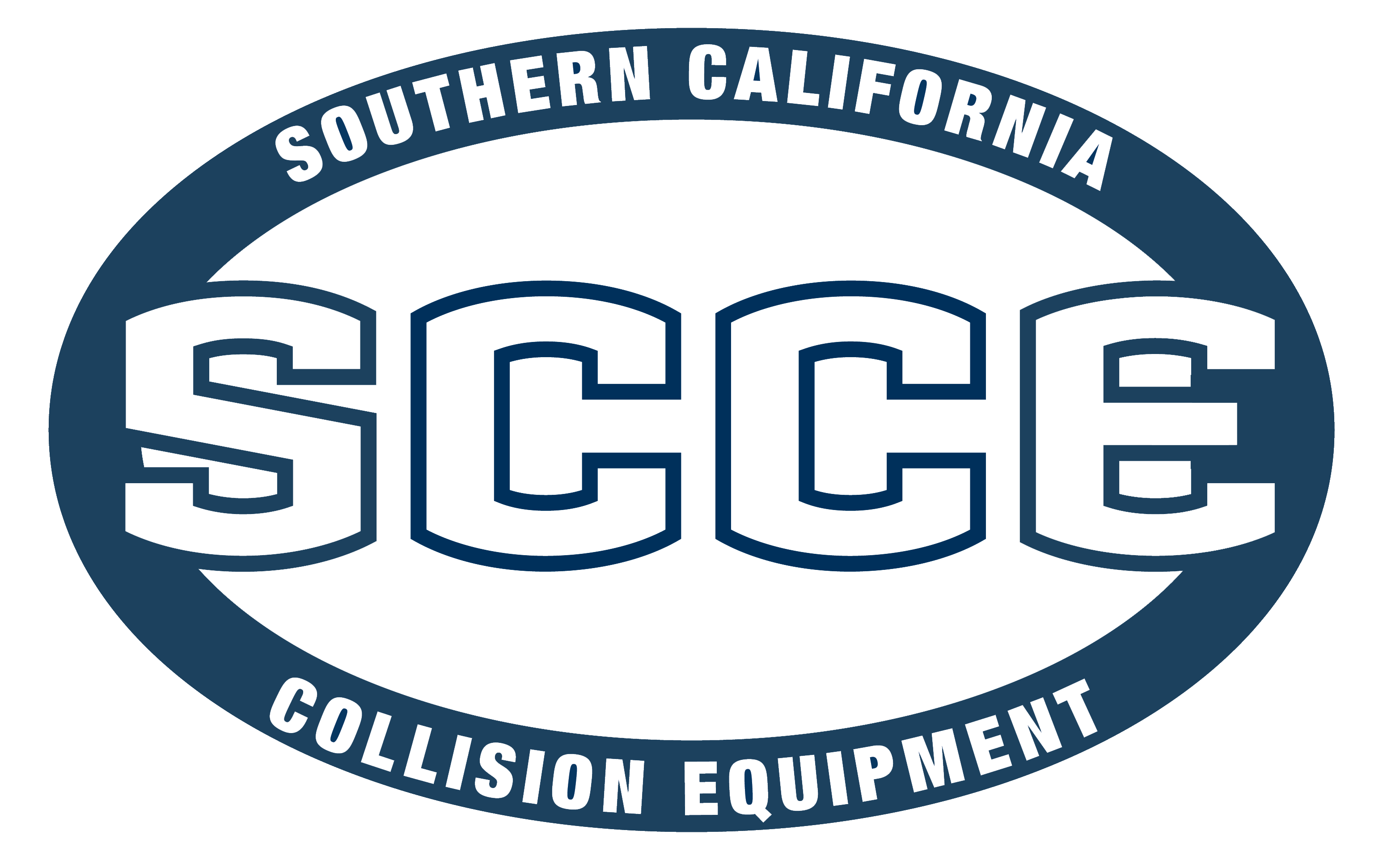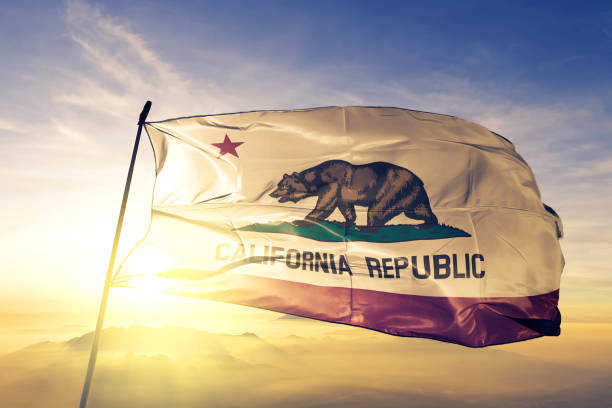Announcements | From Repairer Driven News
California Bureau of Automotive Repair (BAR) will discuss a number of important repair shop issues including current legislation and proposed requirements for storage and towing fees during two meetings later this month.
The BAR Advisory Group will meet April 25 at 9:30 a.m. at the Department of Consumer Affairs Evergreen Hearing Room, 2005 Evergreen St., Sacramento.
A BAR Regulatory Workshop focused on storage and towing fees will follow at 1:30 p.m. on the same day and at the same location.
The Advisory Group agenda includes a discussion about legislative bills that could impact repair shops.
This includes AB1901, which would give salvage pools or occupational licensees steps to receive a salvage certificate for a vehicle involved in a total loss claim abandoned on their property. It would require the salvage pool or occupational licensee to send two notices to the registered and legal owner and any lien holder of the vehicle informing them they have 30 days from the date of the first notice and 14 days from the date of the second notice to pick up the vehicle.
The bill was moved out of the Committee on Transportation last month and ordered to the consent calendar April 11.
BAR’s Regulatory Workshop will discuss proposed regulations on storage and towing fees that BAR says would clarify existing statutes governing the issue.
The proposed regulatory language would require automotive repair dealers (ARD) to do the following for general vehicle storage:
-
- Provide an itemized invoice for storage services to customers;
- Display the current daily storage rate in a visible location adjacent to a counter where customers are served;
- When performing collision repairs, report annually daily storage rates for the registration renewal period to BAR. Failure to do so could result in a penalty;
- Allow the customer, BAR, and third-party payor access to the vehicle for inspection if storage fees are being charged;
- Store the vehicle at the address registered with BAR or notify the customer of the alternative location. The customer also should not be charged for moving the vehicle between locations; and
- Payment for towing and storage can be made by a valid bank credit card, check, or bank draft.
The proposed regulations require ARD to do the following for storage fees resulting from a repair transaction:
-
- Storage fees should be comparable to storage fees in the same local area, if the repairs are the result of an accident or theft recovery.
- Storage fees may be charged prior to an authorized repair. Fees cannot be charged while the vehicle is undergoing repairs, including the teardown of a vehicle or vehicle components.
- After the completion of repairs, ARDs can charge storage fees if the customer authorized the specific repair, the ARD generated an itemized invoice of the repair work and parts supplied upon completion of the repair and notified the customer that the repairs are complete.
- When performing teardowns, ARDs will be required to inform the customer of the number of days after receipt of the itemized estimate following completion of the teardown that the customer has to authorize repairs or remove the vehicle prior to storage fees occurring. The ARD also must inform the customer what the daily storage rate is.
- The ARD must give the customer a separate form with towing fees.
The proposed regulations would require an ARD to do the following for towing and storage fees with no repair transaction:
-
- Charge in accordance with the vehicle code with fees not exceeding towing rates and storage fees charged for services provided in response to requests from a public agency such as the California Highway Patrol or local police department.
- Provide an itemized invoice for fees to the customer, which includes a notice stating copies of the Towing and Storage Fees and Access Notice.
- Towing fees should be posted in a place that is visible and adjacent to the counter where customers are served.
For more information about the Advisory Group meeting, the workshop, or how to participate remotely click here.

